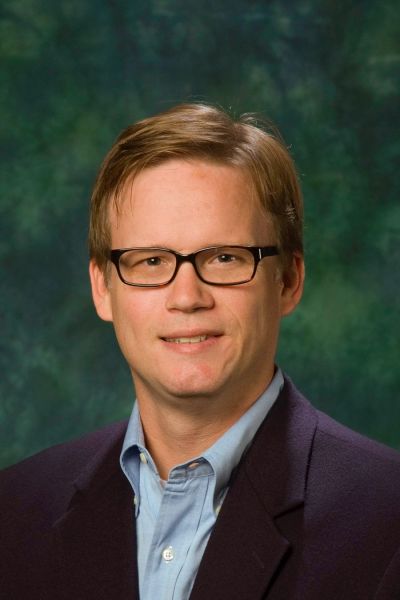#MeToo and the OHA
By Todd Moye
OHA Council has been busy over the past few months addressing the issue of sexual harassment in the organization. I wish I could report that we began these discussions proactively, but in reality we were forced into this conversation.
In January a new member alleged that another OHA member whom she had specifically sought out as a mentor sexually harassed her at our annual meeting in Minneapolis by making repeated and unwanted sexual advances and followed this up with unwanted email contact. At that time, the OHA did not have sufficient policies and procedures in place that would have provided guidance for Council or the executive office in dealing with such allegations.
As a result of multiple conversations among the members of Council and the executive directors, we have now put in place policies and procedures to make it less likely that this kind of behavior occurs at our annual meetings in the future. The policies and procedures are grounded in the OHA’s Statement on Diversity and Inclusivity (https://oralhistory.org/about/oha-statement-on-diversity-and-inclusivity/). They are fair to all parties involved, they express our core values, and they will enforce what I’m sure is our membership’s shared zero tolerance for sexual harassment and other forms of disrespectful behavior.
When you register for the 2018 annual meeting and subsequent ones you will have to affirm that you support the statement and that you agree to a basic code of conduct. Moving forward, all representatives of the organization—officers, executive directors and staff, committee members, OHR editorial board members, etc.—will have to affirm the same.
It would be inappropriate for me to comment on the allegation that precipitated these discussions while we are still working to resolve it, so I will not, but I do want to make a few general points:
Members of the OHA, of all people, should be well aware of power imbalances, how those imbalances manifest themselves in human relationships and how power can be misused. They should behave accordingly, and for the overwhelming part, they have. But if you have any kind of power in the organization, whether through seniority, a place on a committee, a distinguished publication record or anything else, you have a responsibility to use that power in constructive ways. You have an added duty to the organization to treat those who are younger than you, who have less experience in the OHA, with respect and as much grace as you can muster.
If you think the code of behavior I’ve outlined above seems unreasonable or unattainable, we will be happy to refund your membership fee.
I am exceedingly grateful to the graduate student who reported her mistreatment. She showed great courage in doing so, and I hope the actions Council is taking are worthy of her bravery.
I also hope that if we have not completely eliminated the possibility of these kinds of mistreatment occurring again in the future, we have at least made it much easier for those who do experience or witness harassment or other forms of disrespectful behavior to report it to OHA and for OHA to deal with it decisively.
I also want members to know that if they have experienced similar instances of misbehavior at annual meetings or in other OHA-sanctioned settings in the past, we want to know about them so that we can address them head-on. We’re listening.
We who serve on OHA Council, the Program Committee and the executive office want to provide a conference atmosphere that’s intellectually stimulating and fun, but on a much more basic level, one in which every attendee feels safe and feels valued. That’s exactly what we will do for our Montreal conference and beyond, and we will be stronger as an organization for having begun these discussions.
